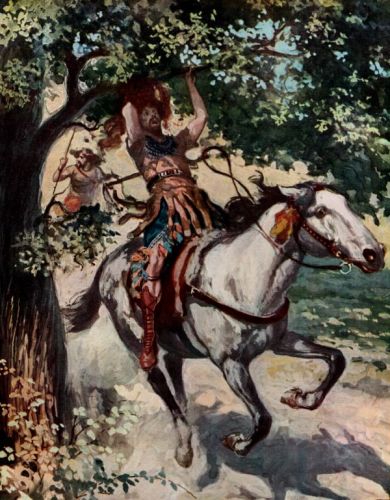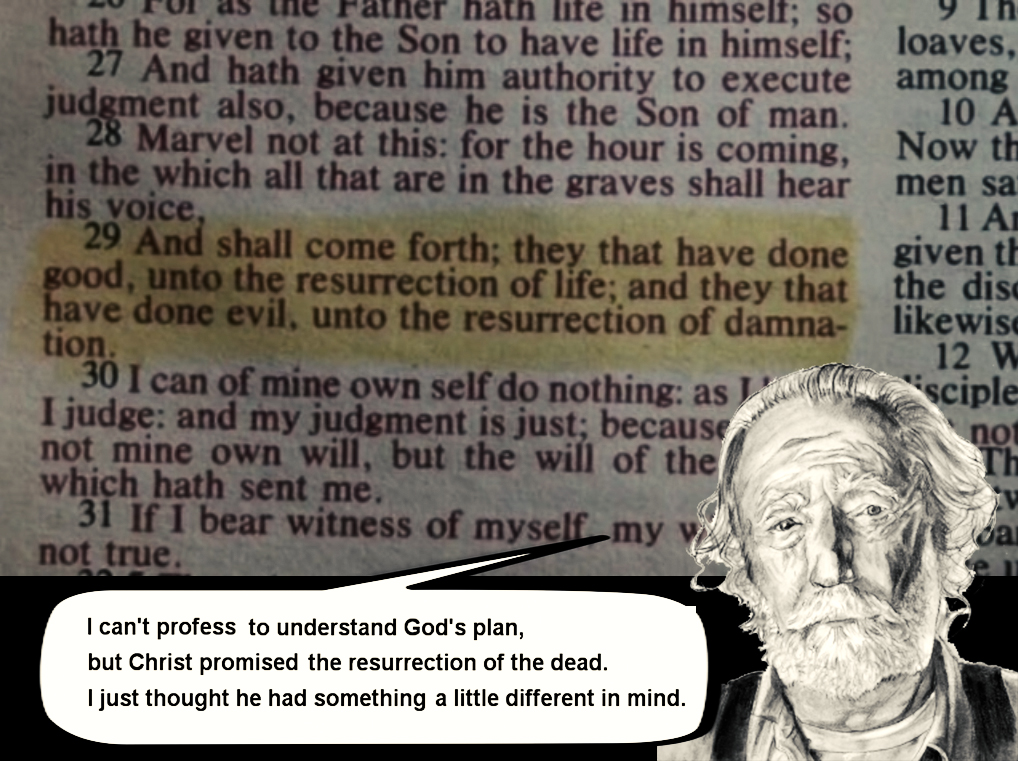If you
frequent the gaming world at all, you’ve most likely played or at least heard
of BioShock Infinite. This game is, in my humble opinion at least, one of the
deepest and most artful videogames to be released in recent history. It also
happens that Christianity happens to be rather integral to the plot, giving me
an excuse to gush about it here.
As a
player embarks in the world of Infinite, he will probably notice this religious
imagery pretty quickly. As the game begins, the player ascends into a city
built in the clouds—a city called Columbia and referred to as a “new Eden.”
There’s really nothing subtle about the
references. As soon as you pick up the game and start playing, they scream at
you, and they don’t let up. As you approach the city, you are informed that you
can only be allowed inside if you are baptized (another attempt to draw a
parallel between Columbia and Heaven). Crucifixion seems to be a common form of
punishment for criminals; the city is led by "Prophet" father Comstock, whose "miracle baby" you set out to retrieve, and the rest of the world is referred to as the "Sodom below." Seriously. These things just keep coming.
The references are easy to pick up
on, but discerning their meaning is a bit more difficult. Some people have
argued that this game is blatantly anti-Christian, which is understandable, since
the people of Columbia are caught up in a pretty scary religious cult that is frowned upon pretty strongly. Others argue
that the game actually defends Christianity.
Personally, I don’t believe that a
defense or criticism of the Christian religion was ever on the minds of those
who created BioShock Infinite. I think
this game tries to teach a very weighty lesson about not taking things at face
value and the danger of looking at the past through rose-tinted glasses. I
believe that it sets out to criticize our nostalgic love for early America, to
force us to question whether or not our positive views on our past are correct
or not.
The zeal of patriotism in this game
is just as glaringly obvious as its religious references. The residents of
Columbia literally worship the founding fathers, and you would be hard-pressed
on find a street corner that isn’t flying star-spangled banners. In fact, when
I saw Colombia the first time, I thought that it looked an awful lot like
something out of Lady and the Tramp just…you know...floating.
The Town in Lady and the Tramp
At first, Columbia does indeed seem
like a “New Eden,” as its residents claim. Mirroring one of the most favorably-viewed
time periods in American history, it seems to hearken back to simpler times in
our past. All of the people are united as one under a love of country and a
love of God. Children play in the streets without fear, and there’s no doubt a
Bible at every bedside.
But there’s a dark side to this
gilded past that we so often choose to ignore, a dark side the player soon
uncovers—this “perfect world” is built on slavery.
Racism, blind religious devotion,
terrible working conditions, and unwavering patriotism to a country that gained
much of its territory through the murder of innocents tear Columbia apart. For me,
this game offered a stark reminder that everything is not always at it seems,
and highlighted the danger of viewing our past through rose-tinted glasses.
In the end, there is no “New Eden.”
We can never go back to where we came from.









